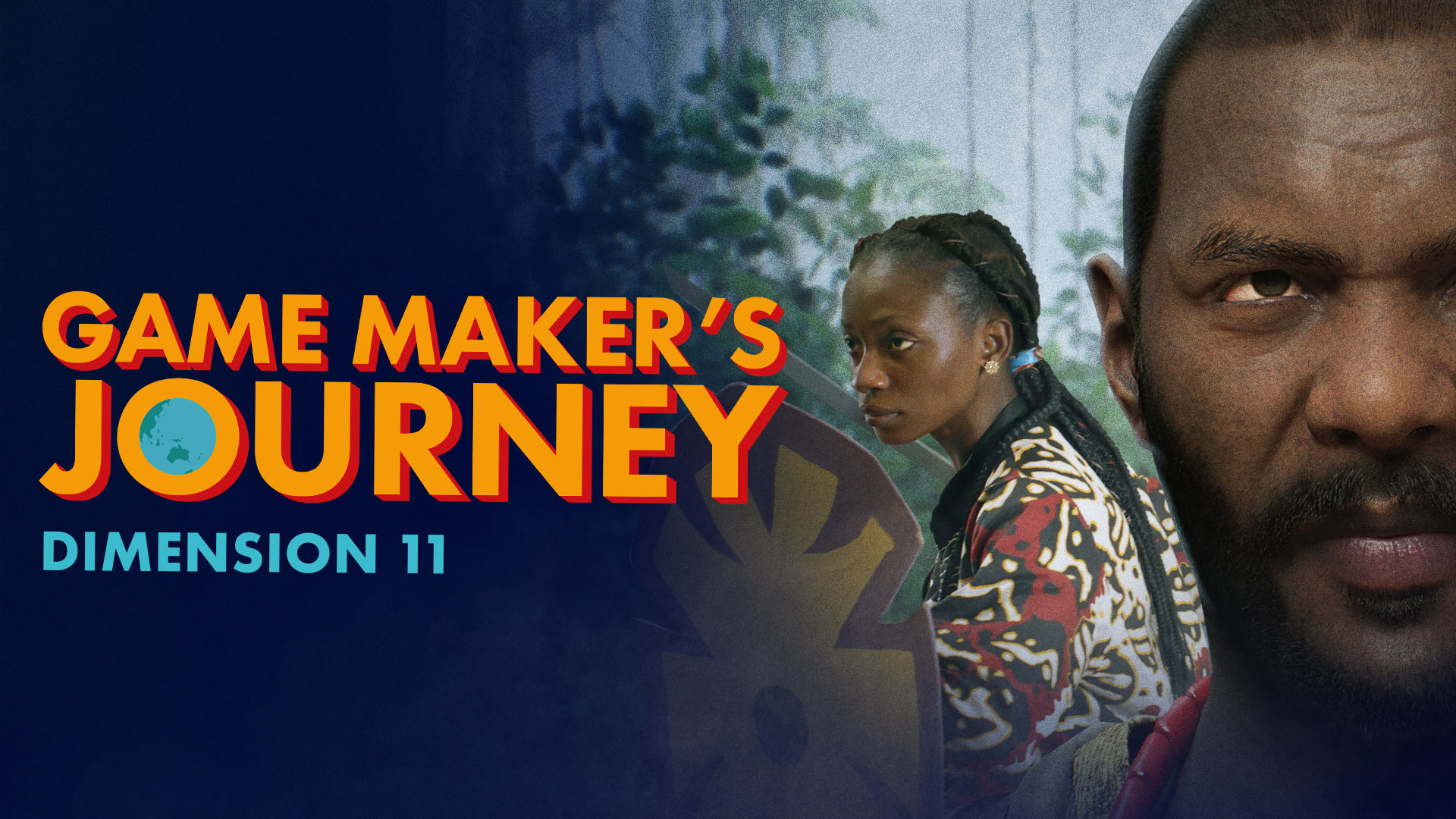It was inevitable really, that the strongest piece of this triple bill from National Ballet of Canada would come from Crystal Pite. One of the world’s leading choreographers across the ballet and contemporary spheres, Pite has mastered her art, and even her average pieces are pretty damn good by anyone else’s standards. Here, Angels’ Atlas gives us the night’s two highlights: a breathtaking backdrop that’s a waterfall of heavenly light (by Jay Gower Taylor) and the dancer Siphesihle November, a protean mover you can’t take your eyes off.
November is the revelation of this mixed offering from the Toronto company, last seen in London in 2013. The dilemma for any major ballet company when they tour abroad is whether to perform one of the ballet classics, or show off their contemporary work. Artistic director Hope Muir (who took over from longstanding leader Karen Kain in 2022) is making a statement with the latter, in a programme of all-Canadian choreographers. The first piece, Passion by James Kudelka, itself embodies the classical/contemporary dichotomy. It’s an intriguing set-up: two lead couples, one tutu-clad with classical steps (Larkin Miller and Genevieve Penn Nabity), the other (McGee Maddox and Heather Ogden) in chinos and T-shirt, velvet dress and contemporary moves. There’s also a small corps de ballet, weaving in among them, at once ethereal and stately. While for Penn Nabity and Miller classical restraint rules, Maddox and Ogden get more complex permutations; they embrace and part, sometimes ending up on opposite sides of the stage but looking directly into each other’s eyes, while the classical couple gaze outwards, smiles glazed. It’s an interesting experiment, well woven. A picture of fantasy versus reality? Really it’s two different types of fantasy, but ultimately too polite to reveal any real passion.
Emma Portner is a choreographer from the commercial dance world and the duet Islands was her first ballet commission (for Norwegian National Ballet in 2020; impressively she has made four more since then). No one’s making a masterpiece for their first ballet, but she shows some adept dance-making, and just the fact this is a duet for two women, something surprisingly rare on the dance stage, is enough for a thumbs up. The gimmick is that the pair are conjoined at the waist by their costume, Shiva-like limbs interlocking, but paradoxically they are more intimate once they are unbound – a story about freedom, perhaps. Portner revels in the long, lean lines of contemporary ballet (a bit of Jiří Kylián influence, too), her signature moves a sort of staccato semaphore, although these dancers (Ogden and Penn Nabity) could do with more slurp or snap in their limbs to make it truly distinctive. NB: Portner’s soundtrack, a patchwork of sometimes distorted-sounding indie/electronica, isn’t doing her any favours.
Crystal Pite, meanwhile, chooses transcendent choral voices (courtesy of Tchaikovsky) to go with the celestial lights. Angels’ Atlas is one of Pite’s works where she harnesses the power of the corps de ballet in unison, in tight formations and great stretches and reaches of movement. She foregrounds the simple, compelling power of the ensemble, but in the end it’s November’s singular style, articulation and soul that’s really memorable.



:quality(85):upscale()/2024/12/20/010/n/43463692/6dba44ab6765fa9cbaa073.33070236_.jpg)



